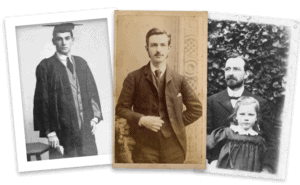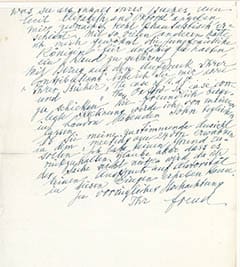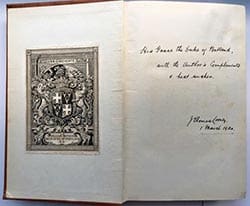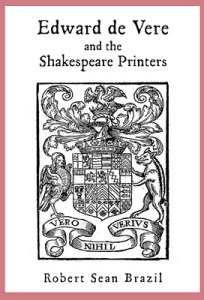Preservation Matters

Oxfordian discoveries and contributions inform future generations of researchers, but until the Authorship Question gains mainstream acceptance, the work of past and present researchers and scholars will be institutionally marginalized and hard to access.
Unless we actively safeguard important records, advances in our understanding of Shakespeare and the history and development of the Oxfordian movement may be lost.
It’s up to us to help the SOF create archives to preserve our valuable research and records and ensure they’re available into the future. These archives will enable education and research, witness the past, extend human memory, and ensure our Oxfordian legacy.
Items to Save
Book Manuscripts & Files ♦ Research Notes ♦ Correspondence ♦ Photos ♦ Videos ♦ Websites ♦ Unpublished Articles and Talks ♦ Rare, Signed, or Annotated books
What You Can Do

Identify and organize items to preserve.
- Inventory what you have. Download our preservation guide for details.
- Save copies of digital items (Word files, Powerpoint presentations, copies of emails, photos, etc.) on a clearly marked external hard drive
- Sort papers, photos, VHS, etc. into boxes/files labelled with descriptive names that make sense to an outsider
Make it easier for your family to deal with your materials.
- Make provisions in your Will so they know what you want done
- Provide passwords to websites, with information on hosting and domain renewal
Safeguard books you’ve written. If you’re an author, don’t let your books go out of print or disappear. Learn more.
Get help. Contact the SOF if you want help sharing or archiving your materials.
Volunteer. Assist the DPC in cataloguing and archiving efforts. Get in touch.
What the SOF is Doing

The SOF is taking an active role in archiving Oxfordian research.
Initiatives include:
- Forming the Data Preservation Committee, which raises awareness of archiving practices and aids in preserving important Oxfordian documents and materials
- Storing select archival items on a permanent basis in order to make them available to future researchers (e.g., correspondence between Oxfordian researchers)
- Supporting SOAR, the database/search engine for Oxfordian publications
- Exploring how the Internet Archive can help us digitize and share rare books
Have questions, or materials you would like to turn over to the SOF? Contact the SOF’s Data Preservation Committee.
Written a Book?

Have you arranged for your books to remain available in the decades to come?
Oxfordian books are of value long after their publication. In the future, they will be sought by readers and scholars who wish to expand upon the topic. But publishers go out of business or change policies, and if only a few copies of your book were made before it goes out of print, your research could become unavailable – as though it was never written at all.
If you don’t assign a literary executor (with their cooperation), and you haven’t made prior ironclad arrangements for your works to remain available, your intellectual contributions may vanish from the public arena upon your death. Copyright law protects works for 70 years after the creator’s death, meaning a book cannot be reprinted by anyone other than the copyright holder for almost a century. Many estate heirs don’t realize they have this right/responsibility, and so no new copies of a work are generated. That leaves future scholars scrambling for the few used copies that may occasionally come on the market, or worse, not knowing your work ever existed.
How can you preserve your work?
- Designate a literary heir to keep it in print. Work with an estate lawyer to pass along the copyrights.
- Provide your literary heir with the files they will need to generate new editions of your work. This will include text files of the content (most likely Word documents) and any important images or cover art.
- Donate a copy to Open Library, the Internet Archive’s book preservation project, for limited lending.
- Resources:
The Data Preservation Committee works to preserve Oxfordian documents that tell the story of the Oxfordian movement as well as the research and analysis of the authorship question. Our initial goal in 2016 was to preserve independent Oxfordian Web sites, but Oxfordian historical and research records are not only online, they are on widely distributed pieces of paper that must be located, digitally copied, shared online, inventoried, and preserved in their original form, where possible. Contact us.


